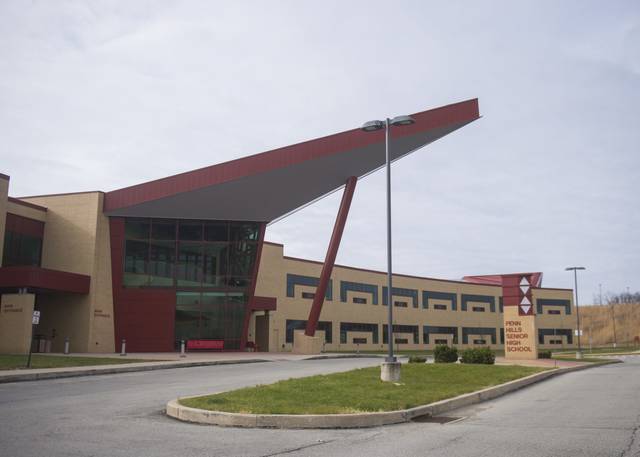On Feb. 3, Pennsylvania legislators and their followers held a rally on the Capitol rotunda steps that fits the current state of affairs of ignorance: “Those who do not learn history are doomed to repeat it” and shall expound.
For the past eight years, the Legislature and the Pennsylvania Taxpayers Cyber Coalition (PTCC) have been touting the Property Tax Independence Act with its latest versions of House/Senate Bill 76. This legislation proposes tax shifting, not tax relief.
It is questionable the legislation would adequately fund or cure the rising costs of education, such as the teachers’ state pensions . It does not address the need for sunset clauses on school bond debt that were financed by school millage increases to pay for the bond. When the bond debts are retired, the associated tax increases need to be retired, too. Otherwise it becomes an unaccountable and hidden tax hike.
Act 34 of 1973, known as the “Taj Mahal Act,” requires public hearings on any major construction plans. This legislation did not stop the financial disaster created by Penn Hills in the construction of two new schools with declining population. Now, Franklin Regional is on course to repeat history.
The bill would increase the state income tax from 3.07% to 4.95% (a 61.25% increase), raise the state sales tax from 6% to 7% (a 16.66% increase) and eliminate the sales tax exemptions on many food and clothing items. Taxing the necessities of life will adversely impact those who can least afford it. Another inequity exists, as landlords are not required to pass the property tax savings on to their tenants, who also must pay for this proposal.
Raising the state sales tax would increase Allegheny County from 7% to 8% and Philadelphia County from 8% to 9%. This would create dire, unintended consequences.
Philadelphia is experiencing consumer flight; they are shopping with their feet with a 20-mile drive from the steps of City Hall to Wilmington, Del., where there is no sales tax. Philadelphians do not need an additional incentive to avoid the current 8% sales tax, a local 1.5 cent per ounce sugary drink tax and $2 per pack cigarette tax, as well as the 28-cents a gallon gasoline tax. Increasing the state sales tax will exacerbate the retail flight and kill businesses that generate taxes for state and local government.
In Western Pennsylvania, the Grove City Premium Outlets advertise sales-tax-free shopping and draw consumers by the busloads from Ohio, New York and Canada. By eliminating the sales-tax exemption, HB/SB 76 will impose a 7% sales tax on clothes, which will shutter businesses.
Apparently, Pennsylvanians have forgotten Gov. Ed Rendell’s promise of property tax relief with the passage of House Bill 2330 of 2004, the slots bill. The legislation never lived up to the promise of tax relief, as special interests lined up for the new revenue stream and the Legislature created yet another slush fund known as the Pennsylvania Gaming Economic Development and Tourism Fund. Homeowners were left with the “spare change” in tax relief.
On Jan. 16, 2020, the Associated Press reported that gambling revenue in Pennsylvania hit a record high. This is the result of the Legislature expanding gambling by adding table games, Keno, sports betting, internet gambling and mini casinos.
Rather than tax-shifting schemes coming out of Harrisburg, Pennsylvanians must hold our Legislature accountable by keeping the promise of property tax relief with the “record high” gaming revenues.








